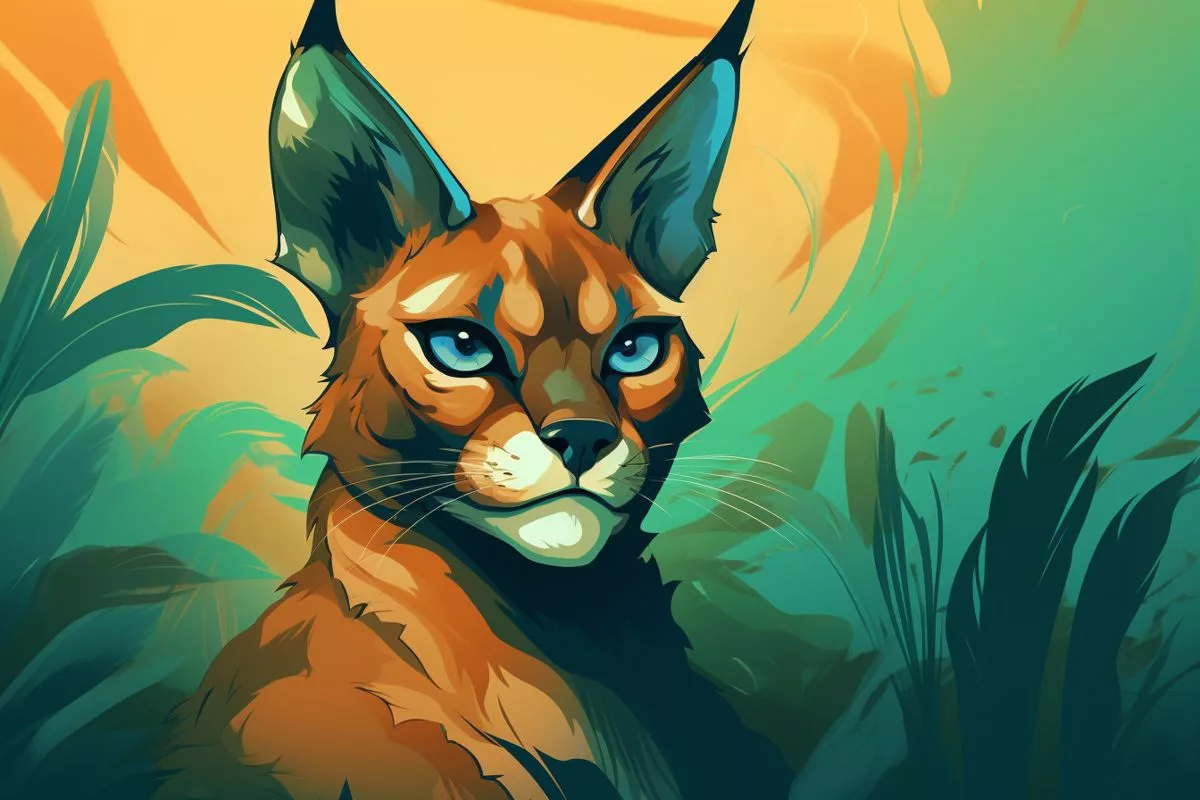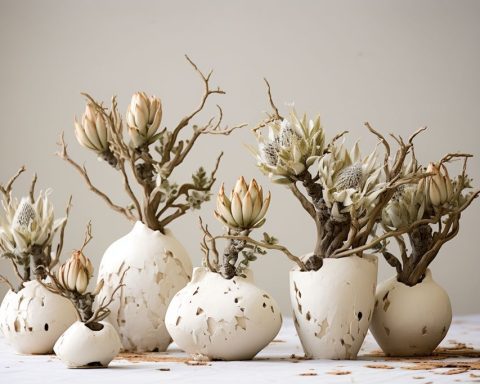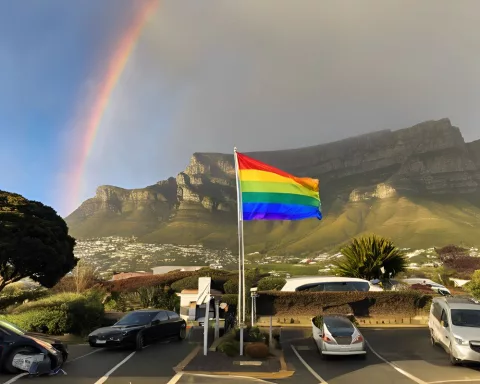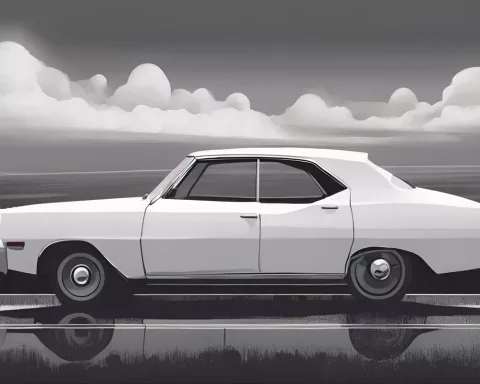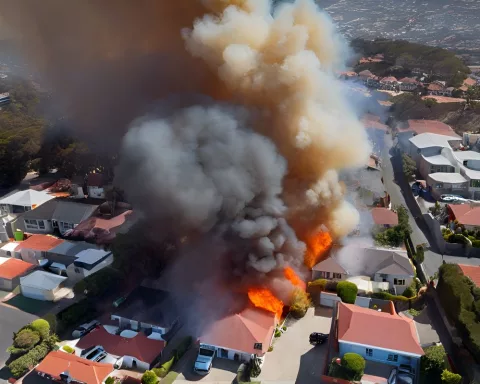The Urban Caracal Project in Cape Town is dedicated to protecting biodiversity and urban wildlife through research and conservation initiatives. The project emphasizes responsible pet ownership, particularly in protected areas where dogs can pose a risk to local wildlife. The recent loss of Hope, a studied caracal and symbol of adaptability, highlights the importance of this mission and the need for cooperative efforts to preserve the delicate balance between urbanization and nature.
What is the Urban Caracal Project and how does it promote responsible pet ownership?
The Urban Caracal Project, under the Institute for Communities and Wildlife in Africa, works to protect biodiversity through research and conservation initiatives in Cape Town. The project emphasizes the importance of responsible pet ownership, particularly in regions where restricted zones serve as refuges for wildlife. Pet owners are encouraged to keep their dogs on leashes and avoid allowing them to wander in these protected areas.
A Tribute to Hope the Caracal
In the bustling city of Cape Town, the Urban Caracal Project mourns the loss of Hope, one of its longest-studied caracals. A symbol of tenacity and adaptability, Hope’s premature death emphasizes the significance of conserving urban wildlife and maintaining the fragile balance of biodiversity in the thriving metropolis.
Tragically, Hope’s life was cut short when her body was found near Zwaanswyk in the Upper Tokai area of Table Mountain National Park. Easily identified by her green ear tags, a post-mortem examination of Hope discovered multiple injuries, including a broken jaw and severe internal damage. Based on the evidence, it is believed that she succumbed to injuries inflicted by dogs, despite being in a dog-free part of the park. This unfortunate event adds to the growing evidence of dogs as a menace to local wildlife, necessitating a closer inspection of pet management and ecological preservation in urban settings.
Throughout her life, Hope exemplified the persistence of caracals in adapting to urban areas. Her outstanding mothering abilities allowed researchers to study caracal reproduction and denning habits, as she gave birth to two litters of kittens. Reports of her caring for her young continued even after her collar had come off, signifying her yearly contribution to the caracal population in the region.
The Urban Caracal Project and Responsible Pet Ownership
The Urban Caracal Project, functioning under the Institute for Communities and Wildlife in Africa (iCWild) at the University of Cape Town, is dedicated to protecting biodiversity through research and conservation initiatives. Hope’s story highlights the necessity for responsible pet ownership, particularly in regions where restricted zones in national parks serve as refuges for wildlife. Pet owners are encouraged to keep their dogs on leashes and avoid allowing them to wander in these protected areas. Dogs not only present a direct fatal risk to wildlife but also indirectly impact them via disease transmission and stress.
Despite the sorrow of Hope’s death, the Urban Caracal Project persists in its mission to safeguard Cape Town’s unique wildlife. Funded entirely through donations and grants, the project depends on a cooperative effort to accomplish its objectives. From GPS collars and caracal tracking to genetic analysis, pesticide and disease testing, and health assessments, every aspect of the project is vital to preserving the delicate equilibrium between urbanization and nature.
Supporting the Urban Caracal Project and Hope’s Legacy
Cape Town’s residents play a crucial role in supporting the Urban Caracal Project’s conservation endeavors. Reporting caracal sightings and roadkill incidents to Dr. Gabriella Leighton at [email protected] or by calling 079 837 8814 is an invaluable contribution to the project’s research. Additionally, financial assistance through donations and grants helps guarantee the continuation of the project’s work, showcasing that biodiversity protection is a joint responsibility.
Hope’s legacy serves as a stark reminder of the importance of harmonious coexistence between humans, pets, and wildlife in an ever-growing urban setting. As cities like Cape Town continue to expand, the need for heightened awareness and proactive actions to protect urban wildlife becomes increasingly crucial.
As we contemplate Hope the Caracal’s life and her contributions to our knowledge of caracal behavior and reproduction, we must also recognize the responsibility of pet owners in wildlife conservation. By obeying leash laws, respecting restricted zones in national parks, and ensuring pets are properly vaccinated, we can contribute to the protection of our local flora and fauna.
Through the committed efforts of the Urban Caracal Project and the collaboration of the Cape Town community, we can honor Hope’s memory and work towards creating a safer, more harmonious environment for all living creatures. In doing so, we preserve the delicate balance of biodiversity and guarantee the survival of caracals and other urban wildlife for future generations.
1. What is the Urban Caracal Project and what is its mission?
The Urban Caracal Project is a conservation initiative in Cape Town dedicated to protecting biodiversity and urban wildlife through research and conservation efforts.
2. How does the Urban Caracal Project promote responsible pet ownership?
The project emphasizes responsible pet ownership, particularly in protected areas where dogs can pose a risk to local wildlife. Pet owners are encouraged to keep their dogs on leashes and avoid allowing them to wander in these protected areas.
3. Who funds the Urban Caracal Project?
The project is funded entirely through donations and grants.
4. What happened to Hope the Caracal?
Hope, one of the longest-studied caracals in the Urban Caracal Project, was found dead with multiple injuries, believed to have been inflicted by dogs, despite being in a dog-free part of the park.
5. Why is Hope’s death significant?
Hope’s death highlights the importance of conserving urban wildlife and the need for responsible pet ownership in protected areas. It also adds to the growing evidence of dogs as a menace to local wildlife.
6. How can Cape Town residents support the Urban Caracal Project?
Cape Town residents can support the project’s conservation efforts by reporting caracal sightings and roadkill incidents to Dr. Gabriella Leighton, as well as providing financial assistance through donations and grants.
7. What is the joint responsibility in protecting biodiversity?
Protecting biodiversity is a joint responsibility involving cooperation between conservation initiatives, pet owners, and the community.
8. What can pet owners do to contribute to wildlife conservation?
Pet owners can contribute to wildlife conservation by obeying leash laws, respecting restricted zones in national parks, and ensuring pets are properly vaccinated.

